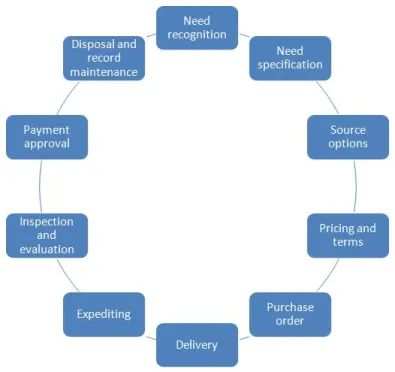How to Choose the Right HR Management Tool for Your Business
- Jul 26, 2024
- 3 min read
Choosing the right HR management tool is a critical decision for any business. The right tool can streamline operations, improve employee satisfaction, and drive overall organizational efficiency. With numerous options available, selecting the best fit can be overwhelming. Here’s a guide to help you make an informed choice.
1. Understand Your Business Needs
Before diving into the features of different HR management tools, it’s essential to understand your business's specific needs. Consider the following:
Size of Your Organization: Small businesses might need basic functionalities, while larger organizations may require more comprehensive solutions.
Core HR Functions: Identify the key HR functions your business needs, such as recruitment, payroll, performance management, employee self-service, and reporting.
Budget: Determine a budget that includes both the initial investment and ongoing costs such as subscriptions, maintenance, and potential upgrades.
2. Key Features to Look For
Once you have a clear understanding of your needs, focus on the features that are most important for your business:
User-Friendly Interface: A tool that is easy to use will ensure smooth adoption by your HR team and employees.
Integration Capabilities: Ensure the HR tool can seamlessly integrate with your existing systems, such as payroll, accounting, and other third-party applications.
Scalability: As your business grows, your HR tool should be able to scale with it, accommodating more employees and additional functionalities.
Security: With sensitive employee data involved, robust security features are a must. Look for tools that offer data encryption, secure access controls, and regular security updates.
Customization: A flexible tool that can be customized to fit your specific workflows and processes will offer better alignment with your business needs.
3. Consider Cloud-Based Solutions
Cloud-based HR management tools have gained popularity due to their flexibility and accessibility. They allow HR professionals to access data and manage processes from anywhere, at any time. Additionally, cloud-based tools often offer regular updates, ensuring that your system remains up-to-date with the latest features and compliance requirements.
4. Evaluate Vendor Support and Training
The quality of vendor support can significantly impact your experience with an HR management tool. Look for vendors that offer:
Comprehensive Onboarding: Ensure they provide thorough training during the implementation phase.
Ongoing Support: Access to a responsive support team that can assist with any issues or queries.
Resources: Availability of tutorials, webinars, and documentation to help your team get the most out of the tool.
5. Read Reviews and Request Demos
Before making a final decision, take the time to read reviews from other businesses similar to yours. Reviews can provide valuable insights into the tool's strengths and weaknesses. Additionally, request demos from shortlisted vendors. A demo allows you to see the tool in action and assess whether it meets your requirements.
6. Consider Total Cost of Ownership
While upfront costs are important, consider the total cost of ownership (TCO) over the tool's lifetime. This includes:
Initial Purchase or Subscription Fees: The cost to acquire the tool.
Implementation Costs: Expenses related to setup and customization.
Ongoing Costs: Regular subscription fees, maintenance, and potential upgrade costs.
7. Plan for Future Needs
Finally, choose a tool that not only meets your current needs but can also adapt to future changes. Consider the potential for business growth, changes in industry regulations, and evolving HR practices. A forward-thinking approach ensures that your investment remains valuable over time.
Conclusion
Selecting the right HR management tool is a strategic decision that can significantly impact your business operations. By understanding your needs, evaluating key features, considering cloud-based solutions, and assessing vendor support, you can choose a tool that not only meets your current requirements but also scales with your business. Remember to read reviews, request demos, and consider the total cost of ownership before making your final choice. SITES WE SUPPORT
SOCIAL LINKS




Comments